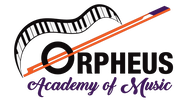|
Music Education Programs
|
Visit Our NW Austin Music School
|
Visit Our Cedar Park Music School
|
|
© Copyright 2022 Orpheus Academy of Music.
|
Website by Never Alone Business Services
|




